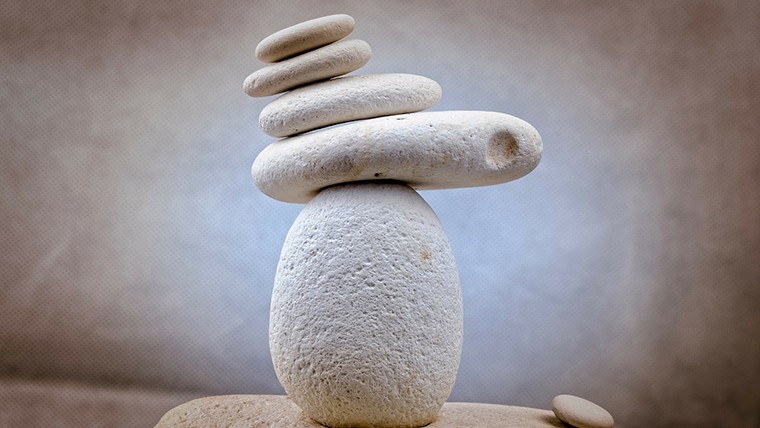Chronic pain is both a producer of stress and exacerbated by stress. It is important for people suffering from chronic pain to recognise this fact and attempt to minimise the amount of stress in their lives and to develop effective coping skills and techniques to reduce stress that cannot be avoided.
CBT and Pain Management
The reduction of stress and its accompanying muscle tension will bring about increased pain management and control.
As part of assessment keeping a pain diary will enable us to discover when chronic pain seems to be most severe and the nature of the stressors that accompany or trigger the increase in pain. Keeping a journal is a difficult task that requires consistent discipline to make entries on a daily basis.
Depending on individual needs an individual treatment plan will be devised the goals of which will be to
GOALS AND OBJECTIVE OF CBT
- To help the patient to become a problem solver in the management of your pain, otherwise your emotional distress and other psychosocial difficulties will continue.
- The focus of problem solving attempts to teach you to learn to change and adapt to your new limitations of carrying out everyday activities. Clients will be encouraged not to live in the past and focus on the ‘here and now’.
- You will be taught how to monitor your thought processes, and learn the consequences of unhelpful thinking in the management of chronic pain.
- Affirmations or positive thinking is generated from you as part of your goal setting from a psychological perspective. These affirmations encourage you to accept that you have a choice to either attempt or avoid activities. By encouraging the use of the word ‘choice’, you accept responsibility for the psychological approach to pain management.
- Skills acquisition cognitive and behavioural rehearsal is also part of treatment.The purpose of the skills acquisition component is to help you to engage in the process of learning new behaviours and cognitions that will help reduce pain.
Success is predicated upon the skills with which the psychologist implements the cognitive and behavioural rehearsal.
You will be taught relaxation and simple exercise routines. Goal setting and pacing over the duration of the course and for follow up assessments will be taught and reviewed on a weekly basis.
You must also learn to reward yourself (e.g. a short holiday) for successful completion of goals and appropriate pacing.
Satisfaction ratings will automatically increase if you can pace their activities in a pain-free manner.
Research suggests that CBT also produces a significant reduction in pain intensity ratings relative to improved social support. Several studies have shown that, if patients continue to practise their newly learned relaxation skill and coping strategies after treatment, they maintain their reductions in pain ratings up to one year post treatment.
In summary CBT will help you to
- Manage your stress.
- Talk to yourself constructively.
- Become active and engaged.
- Find support.
- To take Steps to Help You Cope and Build Resilience

